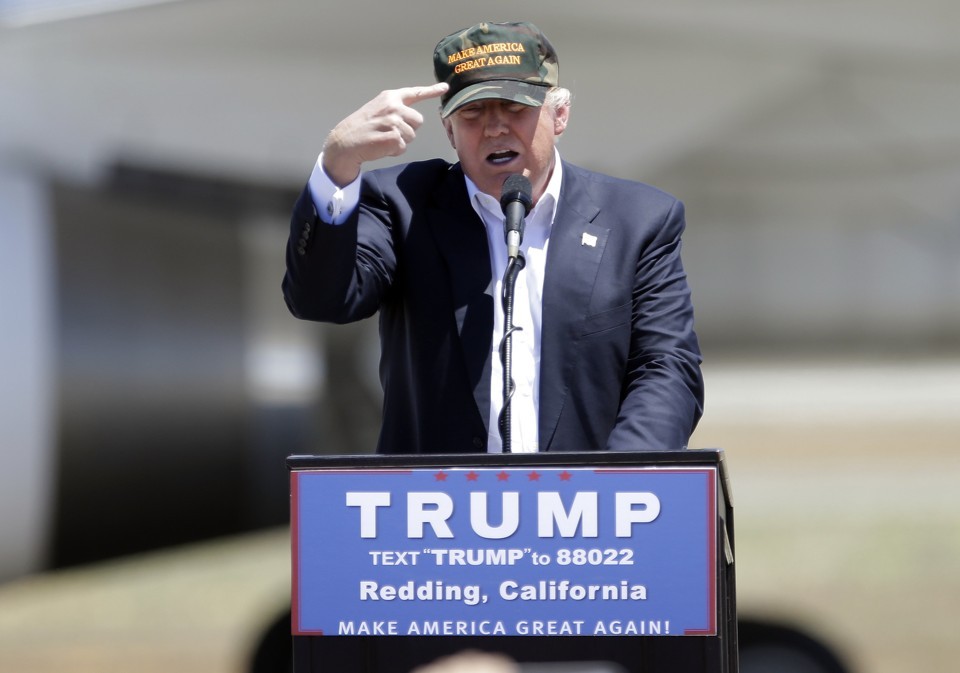By the time modern American presidents receive the keys to the White House, learn the identities of intelligence assets around the world, and obtain the nuclear-weapons codes, they have traditionally been well-defined, both by their long careers in public service and by an arduous election campaign. Their positions have been anchored to a coherent worldview and governing philosophy. Their character judgment has been revealed by the wide circle of experts and advisers drawn to the cause. Their policy positions have been detailed in extensive white papers. Their decision-making has been illuminated through close scrutiny of past votes and personal history. Yet despite dominating the spotlight of one of the most-watched and bitterly contested presidential campaigns in U.S. history, President-elect Donald J. Trump will enter the Oval Office on January 20 as an enigma in many important respects.
Trump is neither conservative nor neoconservative. Nor is he reliably realist, idealist, or neo-isolationist. His tightly drawn circle of loyal aides and adult children reflect only the light of the “army of one” at their center. As America’s first commander-in-chief in waiting never to have served in government or the military, Trump lacks the kind of biographical paper trail that might bring into sharper focus his vague convictions. But it’s not quiet that simple.

